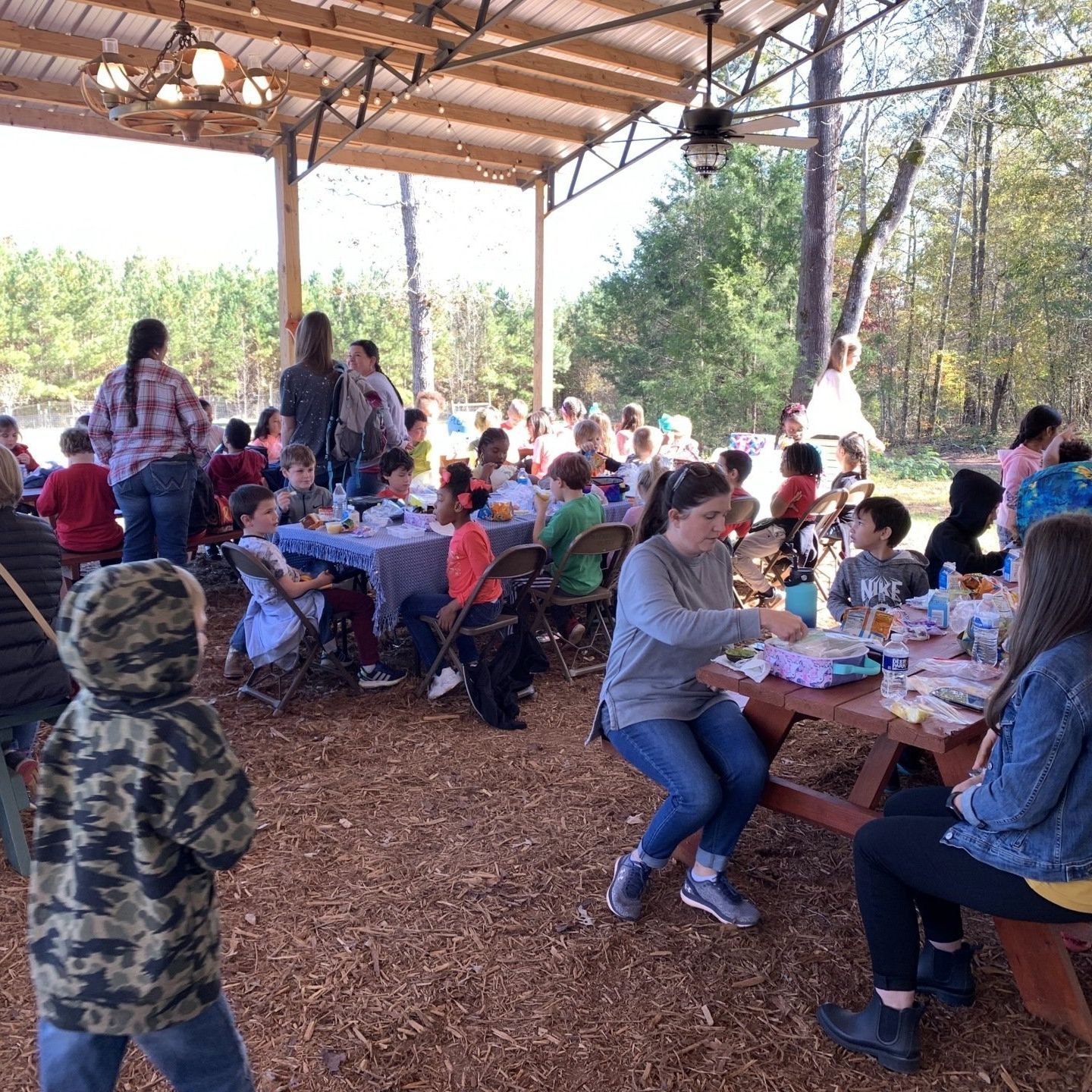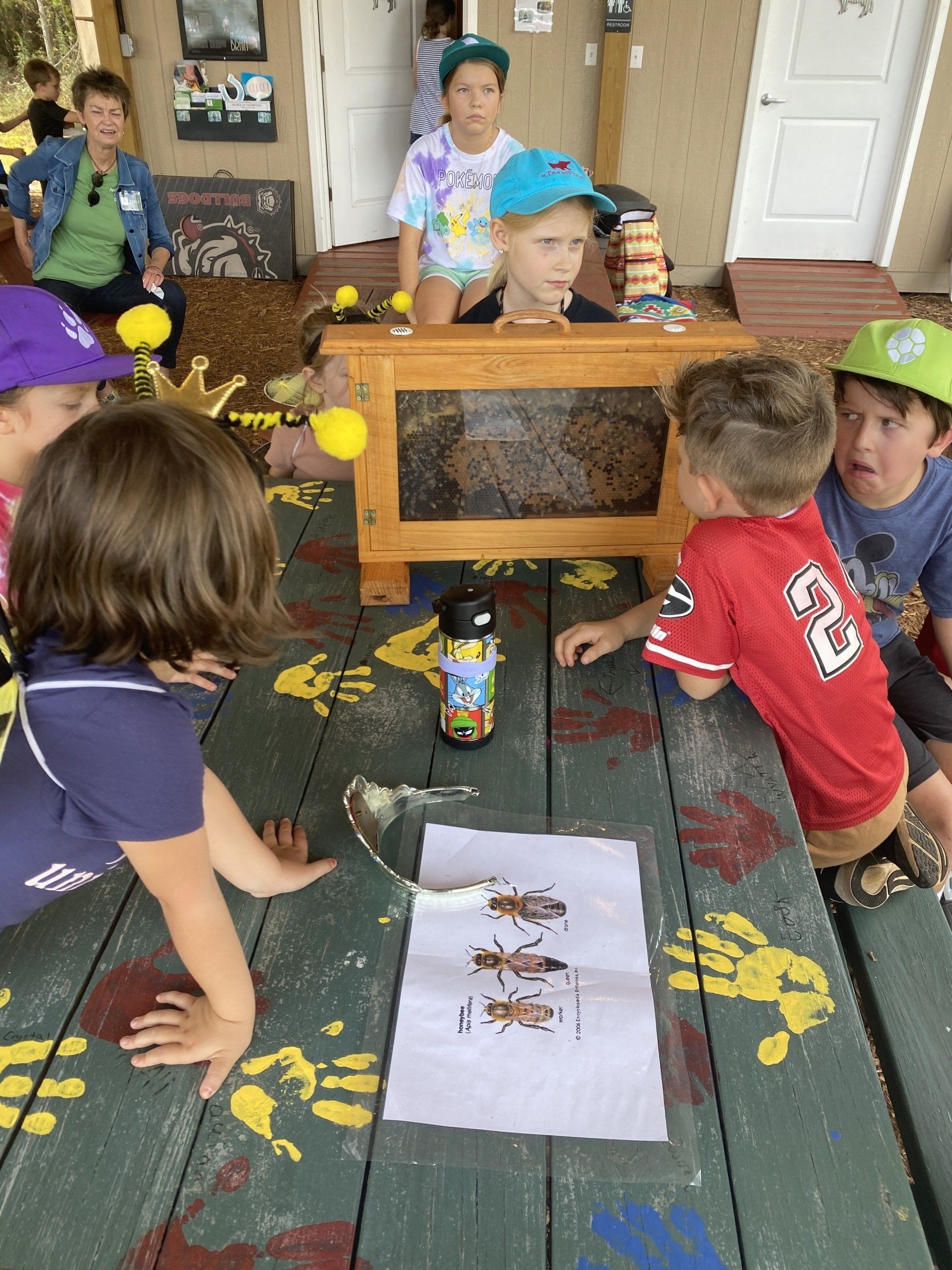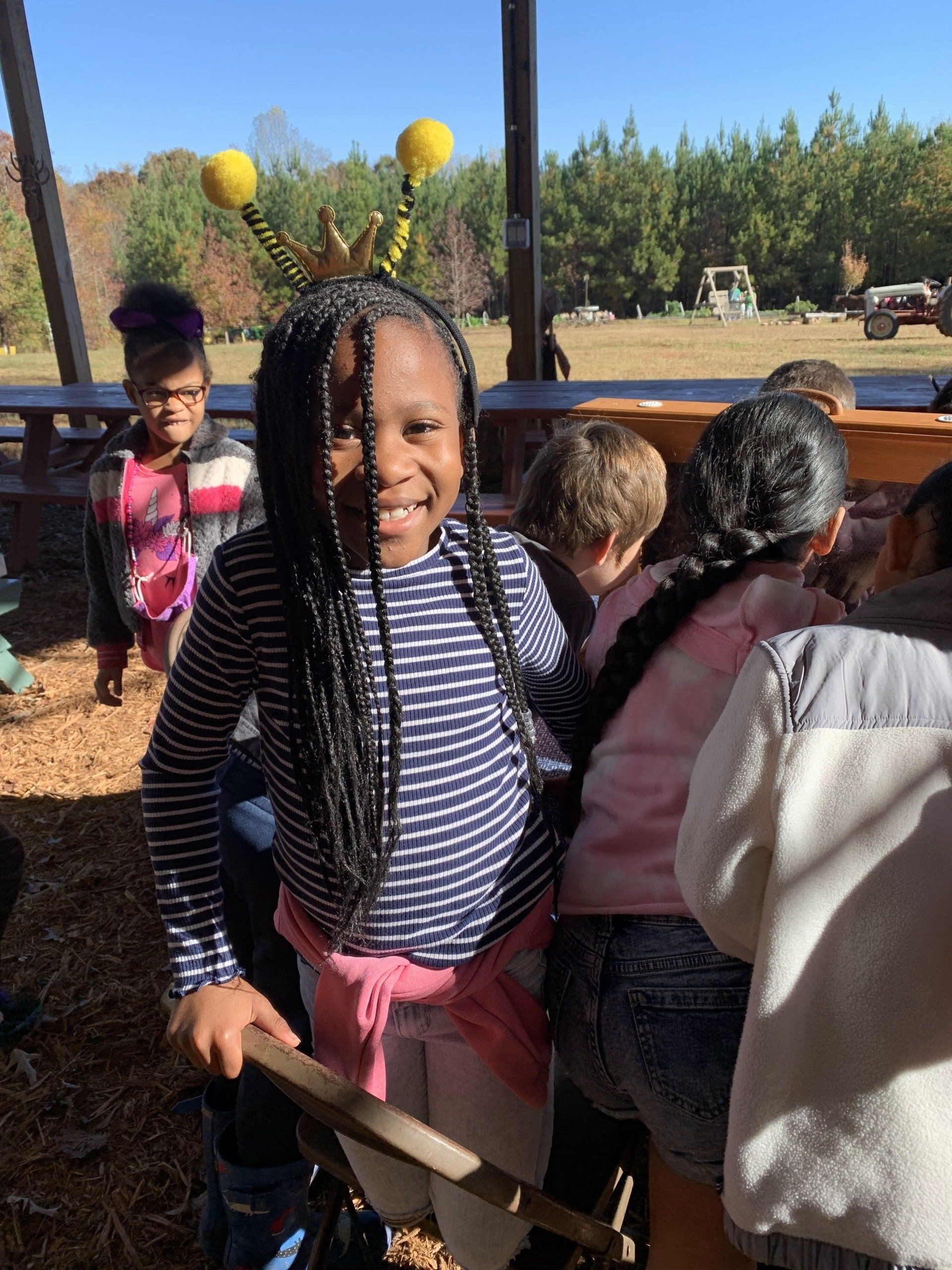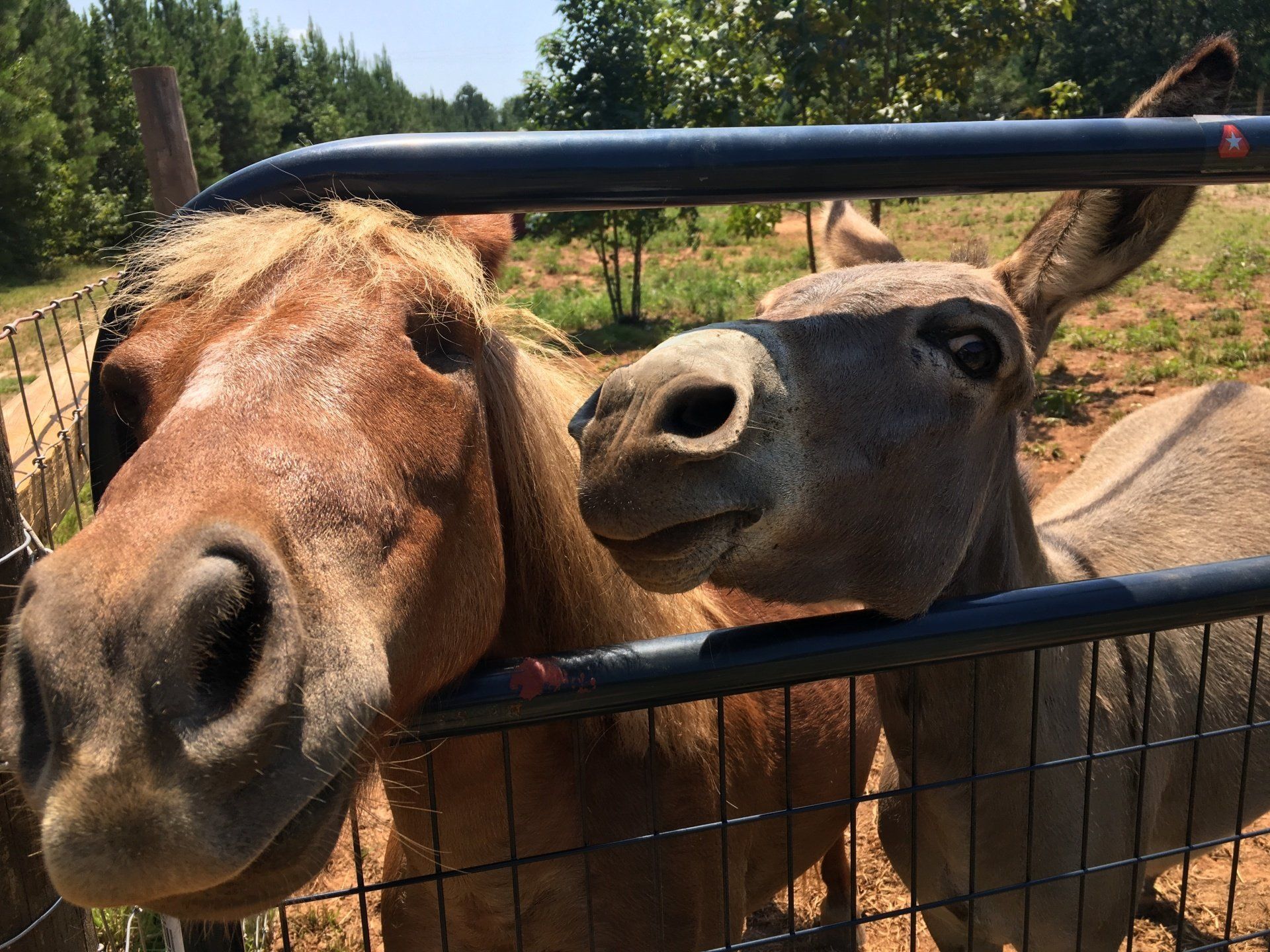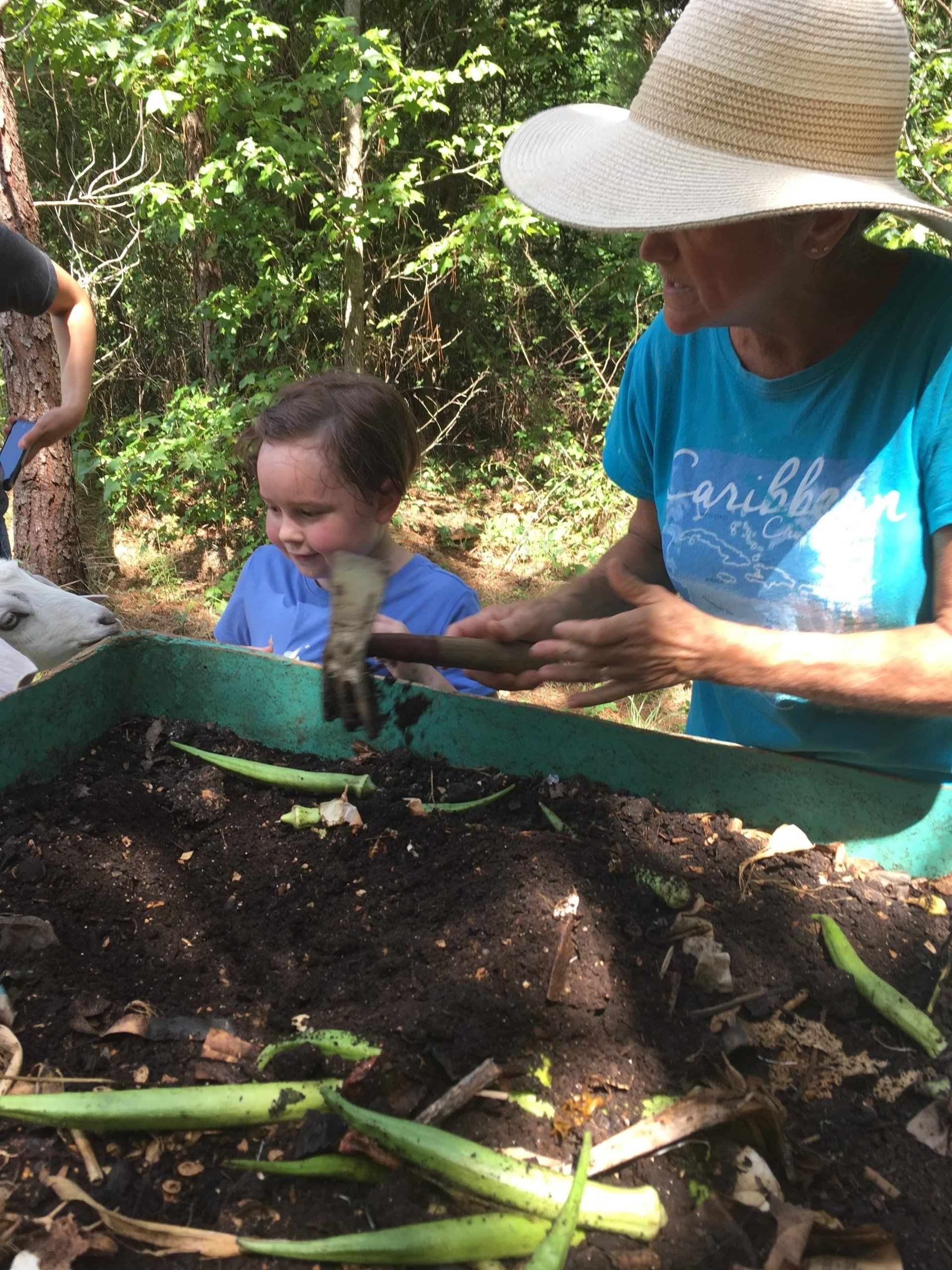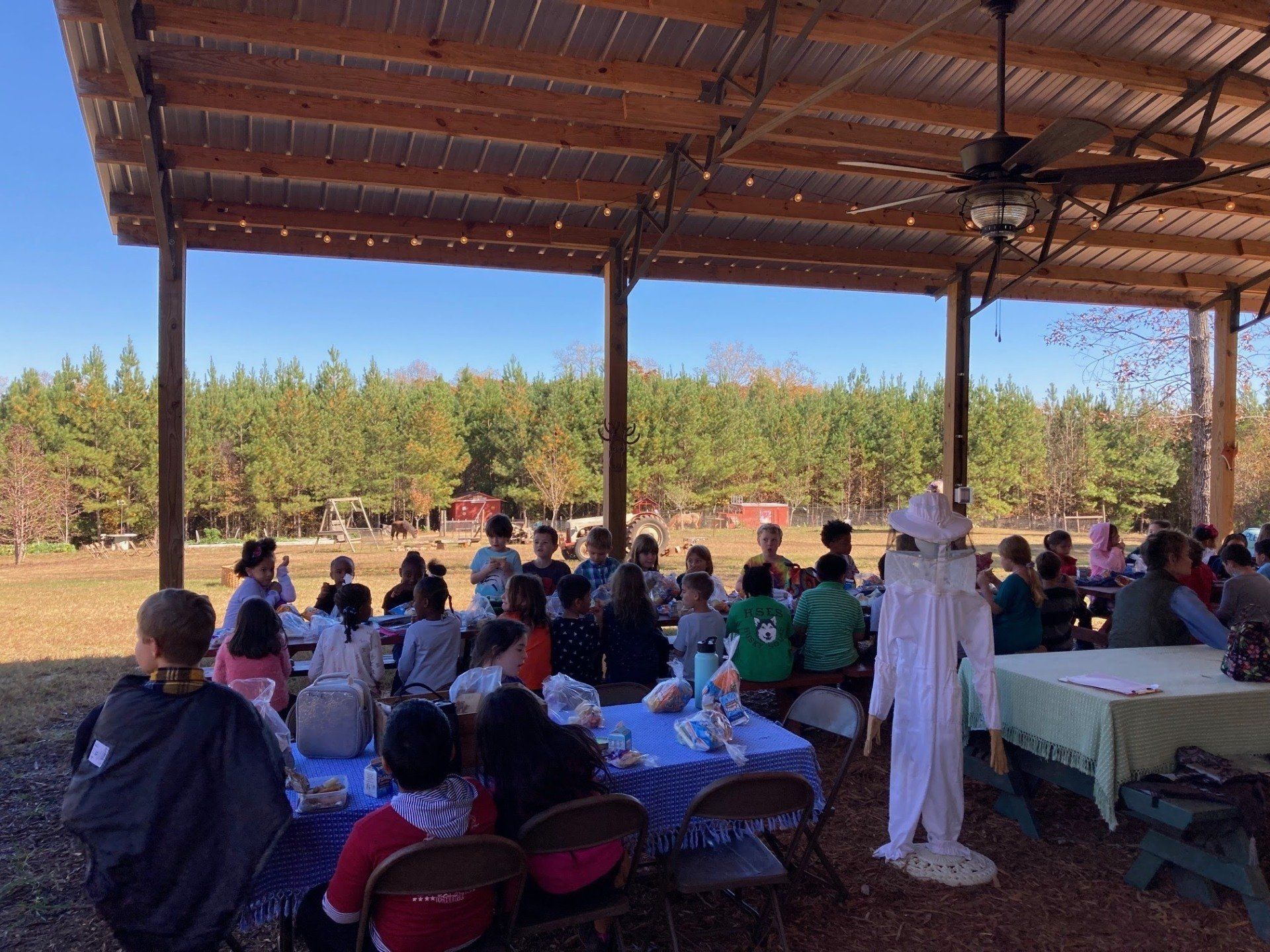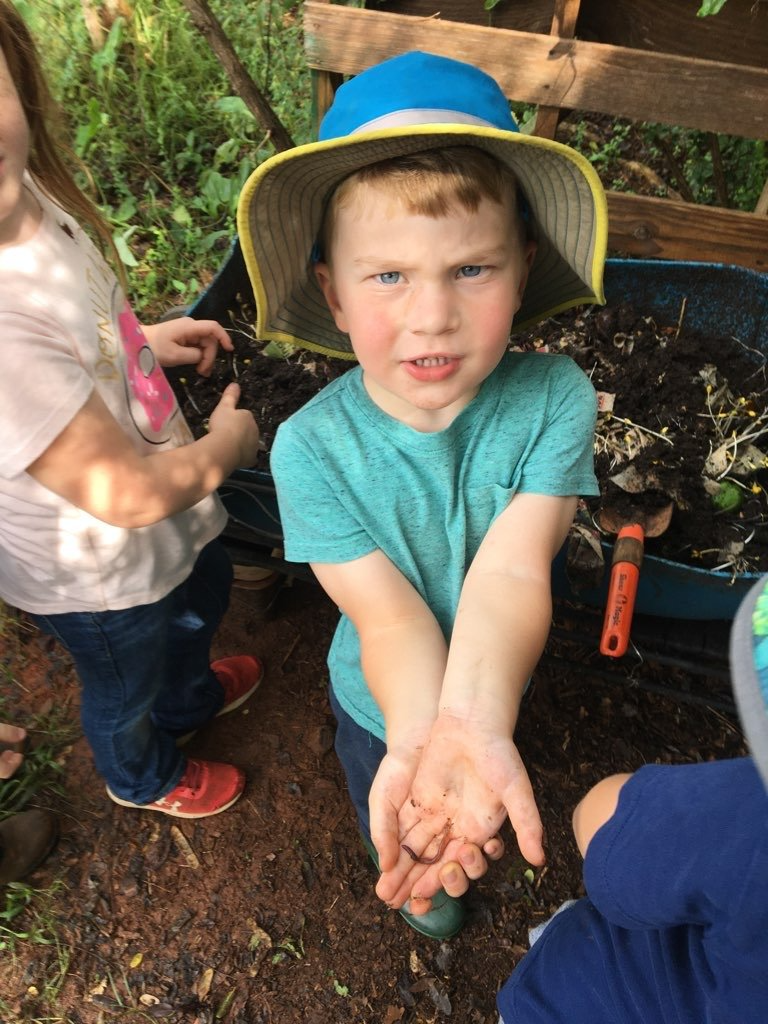Field Trips
- Learn and grow by experiencing nature -

Bring your students to our 54-acre teaching farm and nature academy! Our staff will teach students at various learning stations designed to meet many of the Georgia Performance Standards.
A farm tour is the perfect environment to learn, and medical experts are recommending more outdoor time and fresh air to improve both mental and physical health for students.
What can I expect when we visit?
Students, teachers, and chaperones are encouraged to visit Foxfire during the fall and spring semesters. Each group can expect the following...
- A well-organized farm tour (max. number of students - 60)
- Staff who will share educational insight and information at each learning station
- An activity sheet for each student that supports the performance standards
- Optional use of our pavilion for lunch before returning to school
What will my students learn?
What will my students learn?
A day on the farm will help students learn...
- All about the production of healthy food and livestock
- How physical activity in the outdoors improves brain functioning and learning
Cost
Cost
We have set a reasonable fee ($12.00/each per student, teachers, and parents/chaperones) so that everyone may have an opportunity to experience the woods and farm.
Our Learning Stations
Enjoy our variety of fun and informative
learning stations including:
- Petting zoo
- Chickens/egg farm
- Goats
- Rabbits
- Pony
- Donkey
- Horse
- Tractor ride through the woods
- Beekeeping
- Energy and power
- Tree farm and conservation
- Worms and composting
- Gardens
Our Field Trips are Standards Based
We can help schools meet many of the Georgia Performance Standards for all grades.
Listed below are some examples of how we meet these educational requirements for public schools:
